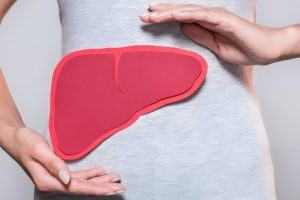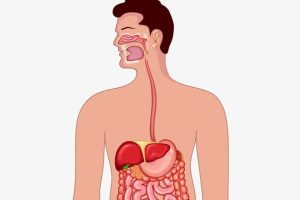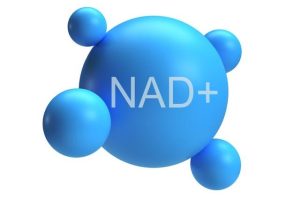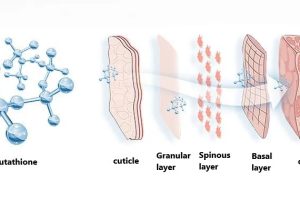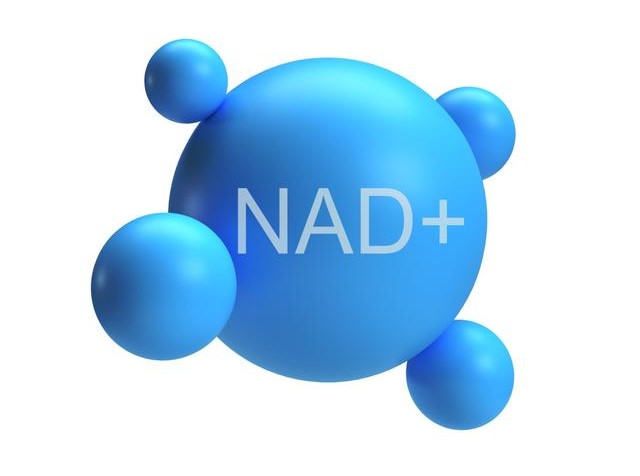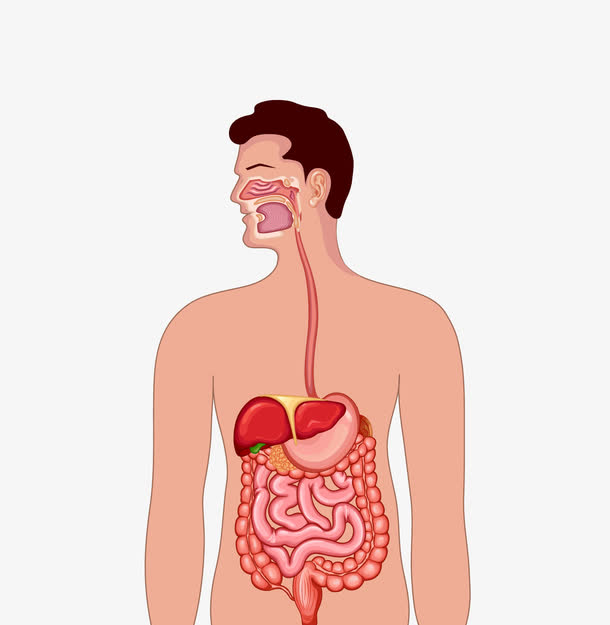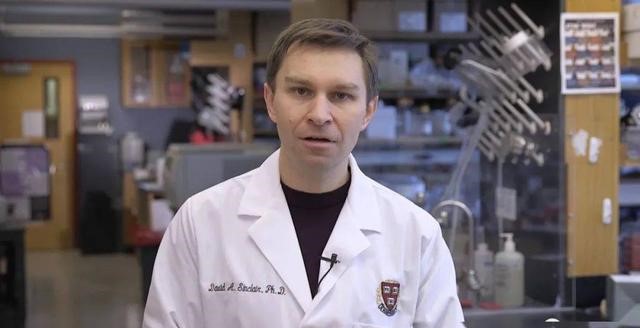β-Nicotinamide Mononucleotide (NMN) is an intermediate product of NAD+ metabolism in animals, and it also exists in trace amounts in the diet;
NAD+ precursors such as nicotinamide riboside, NR), β-Nicotinamide Mononucleotide conversion to NAD+ only needs one-step catalytic reaction, which is the most direct and efficient precursor substance;
from yeast to humans, this substance can be used for NAD+ biosynthesis.
At present, many studies have shown that supplementing NMN is beneficial to health.
It has been used in animal experiments and human experiments to increase NAD+ levels in tissues and alleviate health defects related to aging, obesity and certain pathological models.
NMN can improve the mitochondrial function of various metabolic organs, including skeletal muscle, liver, heart and retina.
β-Nicotinamide Mononucleotide regulates glucose and lipid metabolism and improves the main mechanism of tissue insulin resistance.
It helps to restore NAD+ biosynthesis, enhance SIRT1 activity, relieve inflammation and oxidative stress, regulate gene expression related to circadian rhythm, and enhance energy consumption of the body.
In addition to antidiabetic and neuroprotective effects, β-Nicotinamide Mononucleotide can also inhibit acute kidney injury, heart failure, and radiation-induced DNA damage in a SIRT1-dependent manner, further demonstrating the pleiotropic effects of NMN.

In terms of human clinical trials related to NMN, the supplementary doses of the current 4 human clinical trials of β-Nicotinamide Mononucleotide ranged from 250 to 1 200 mg/d, and none of them had any adverse reactions, indicating that β-Nicotinamide Mononucleotide is relatively safe in terms of human tolerance.
NMN intervention was used for overweight or obese premenopausal women with prediabetes.
It was found that although the intervention did not increase the NAD+ level in their skeletal muscle, it significantly increased the turnover rate of NAD+, and the metabolites of NAD+ in skeletal muscle increased, indicating that supplemented β-Nicotinamide Mononucleotide The NAD + converted into skeletal muscle is quickly broken down again.
NAD+ levels in the subjects’ plasma and monocytes increased significantly. The subjects’ body weight, body fat percentage, blood lipids, and blood sugar levels did not significantly improve, but skeletal muscle insulin sensitivity and related signal transduction pathways were enhanced.
A study of the benefits of NMN combined exercise training and its impact on the exercise capacity of people with basic training found that β-Nicotinamide Mononucleotide combined with aerobic training significantly improved the subjects’ anaerobic threshold power and improved their aerobic capacity compared with simple training.
Some scholars have studied the effect of taking β-Nicotinamide Mononucleotide for up to 12 weeks on the physical function of elderly healthy men, and found that some body movements such as left hand grip strength and gait speed have been slightly improved.
At the same time, taking NMN for a long time can significantly increase the levels of NAD+ (more than 2 times on average) and NAMN (more than 4 times) in plasma, while the direct metabolite NAM of NAD+ has no significant change, but the NAD+ in skeletal muscle and other parenchymal organs Level unknown.
Since there is no known pathway for β-Nicotinamide Mononucleotide or NAD+ to be converted directly to NAMN, this suggests a possible new mechanism after NMN supplementation, that is, β-Nicotinamide Mononucleotide supplementation can synthesize NAD+ through the Preiss-Handler pathway.
Experiments have proved that exercise combined with NMN improves exercise tolerance, which indicates that there may be a synergistic effect between exercise and NMN and even other NAD+ precursors, which may be because exercise can promote the improvement of the activity of synthetases (mainly NAMPT) in the body’s NAD+ system.
NMN is expected to become a new sports endurance supplement.




